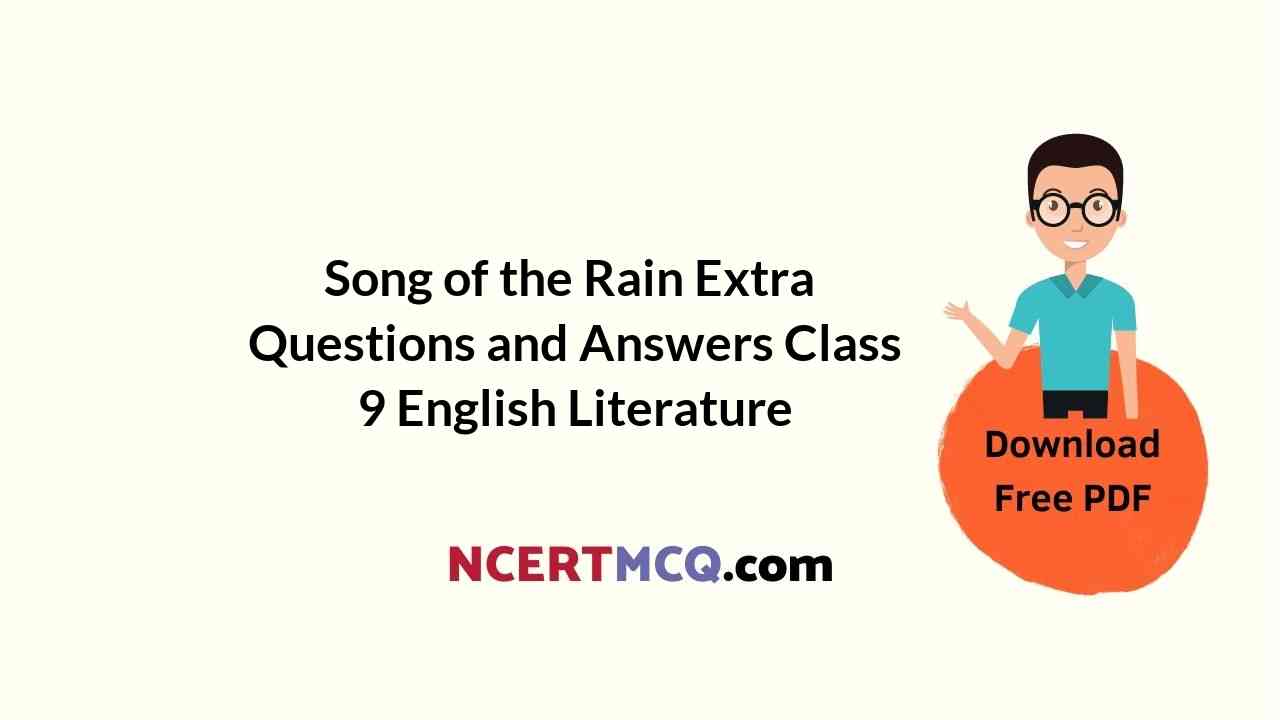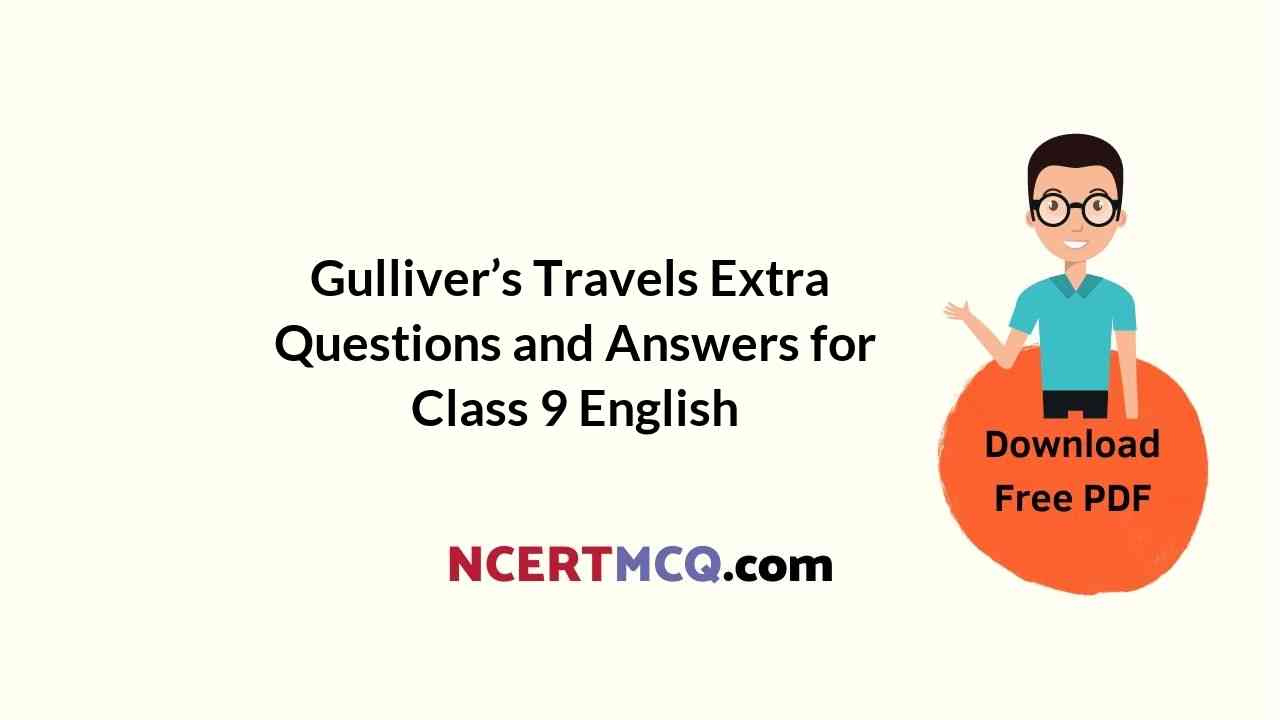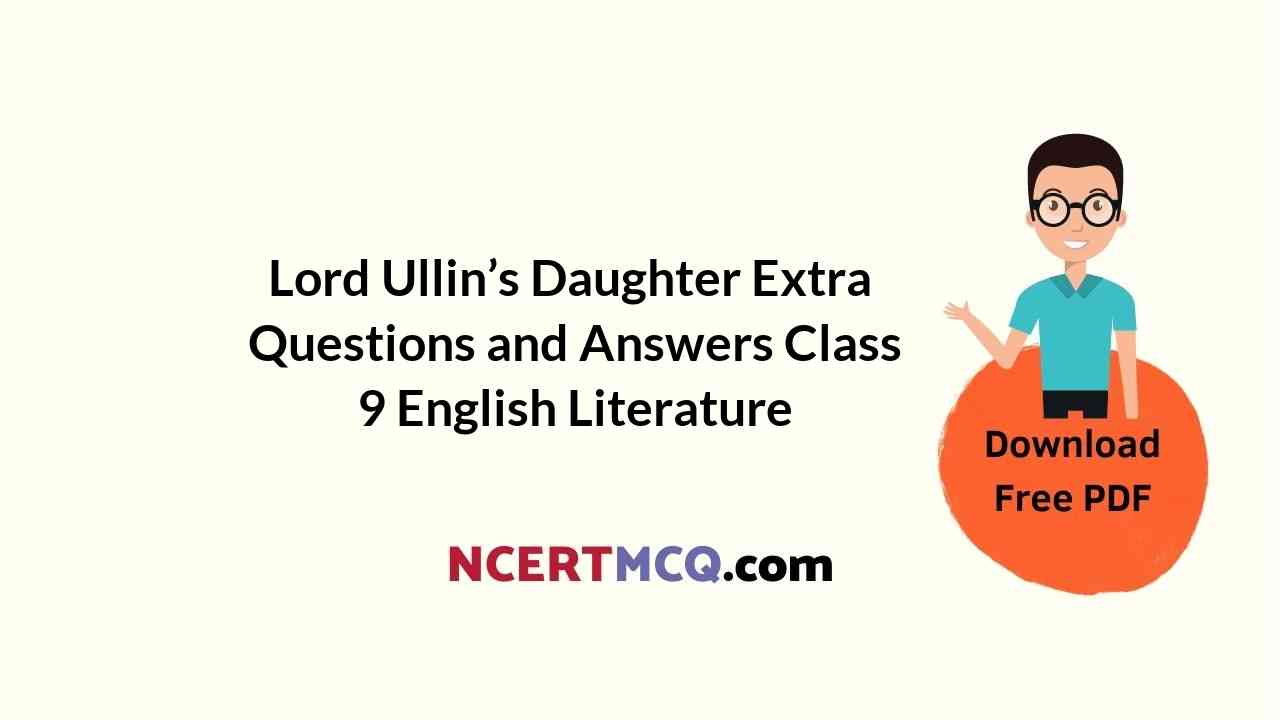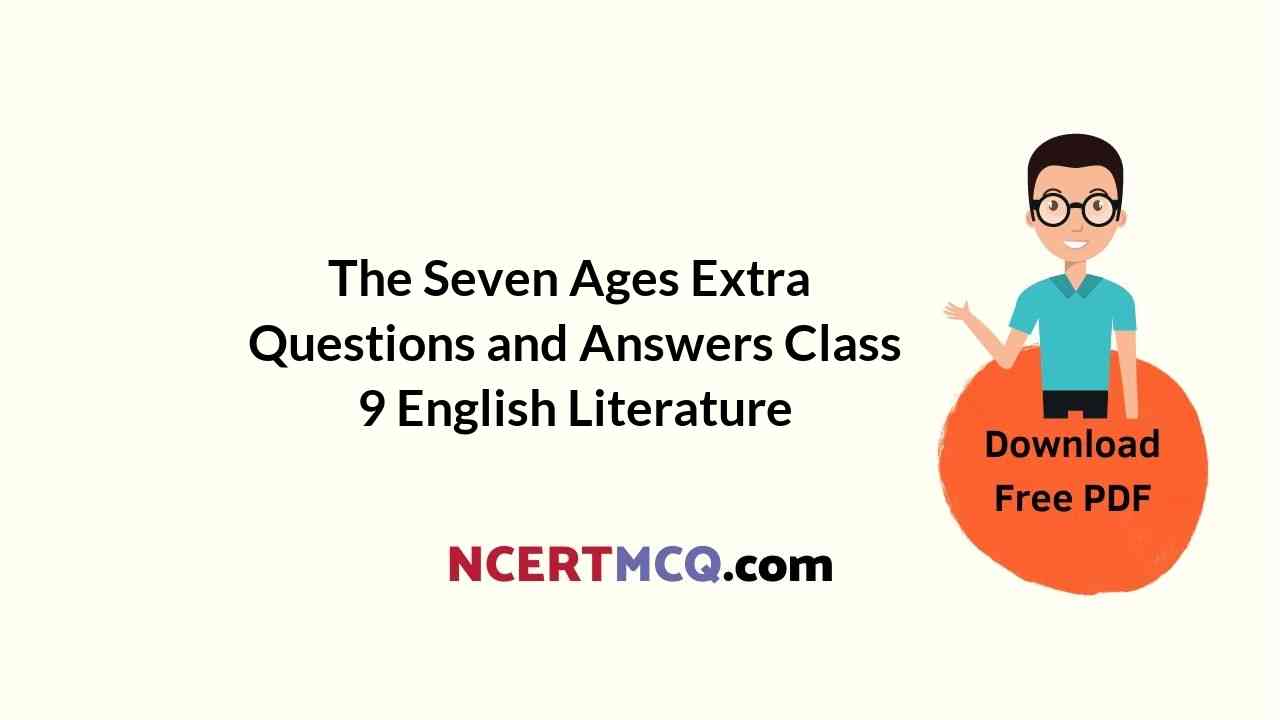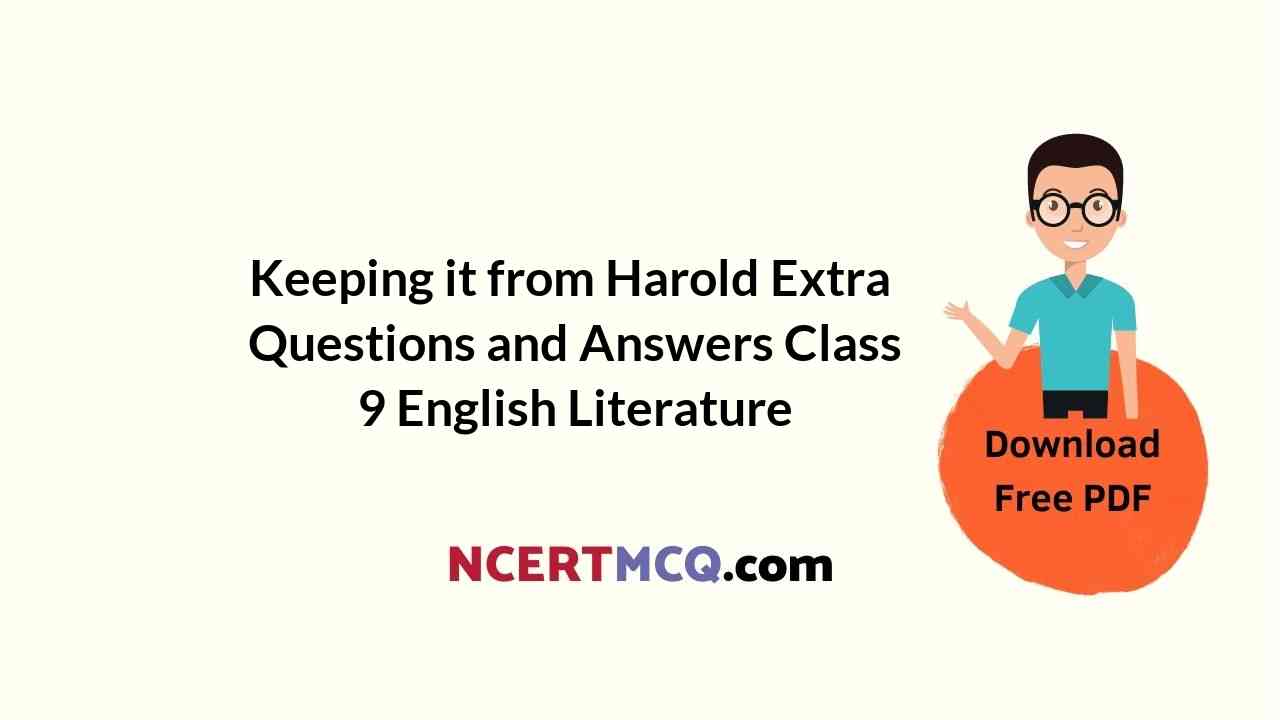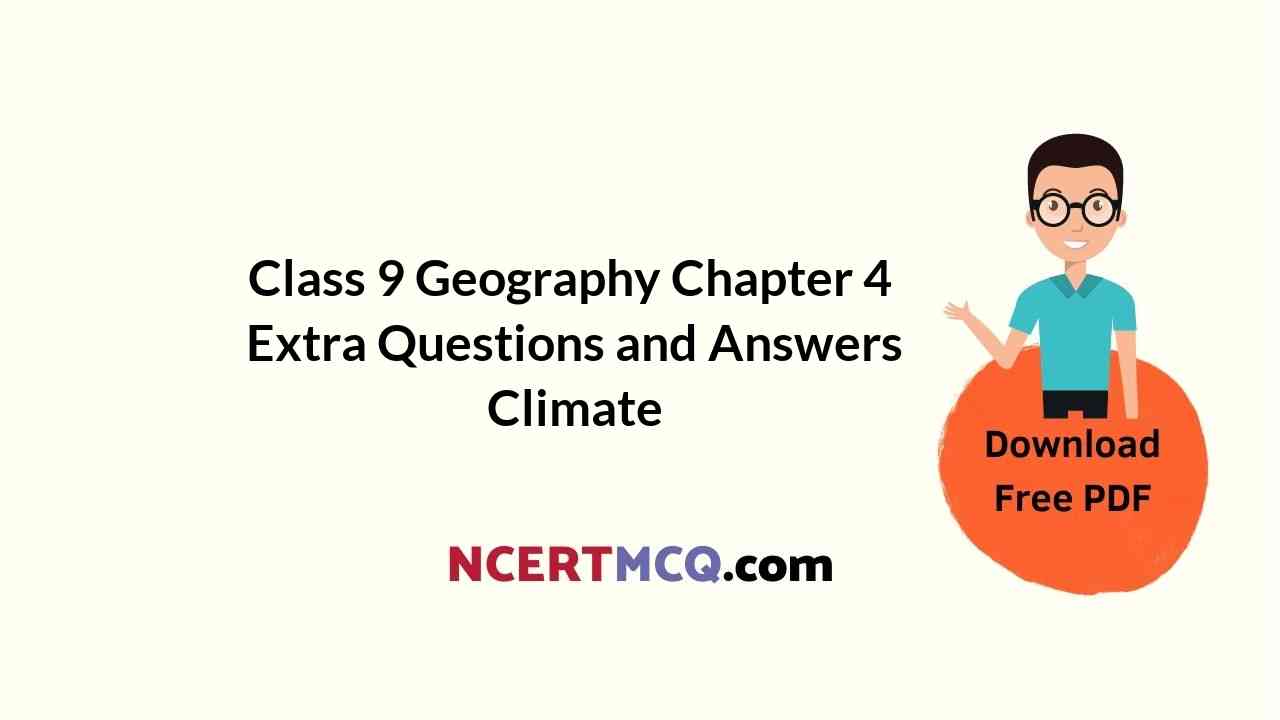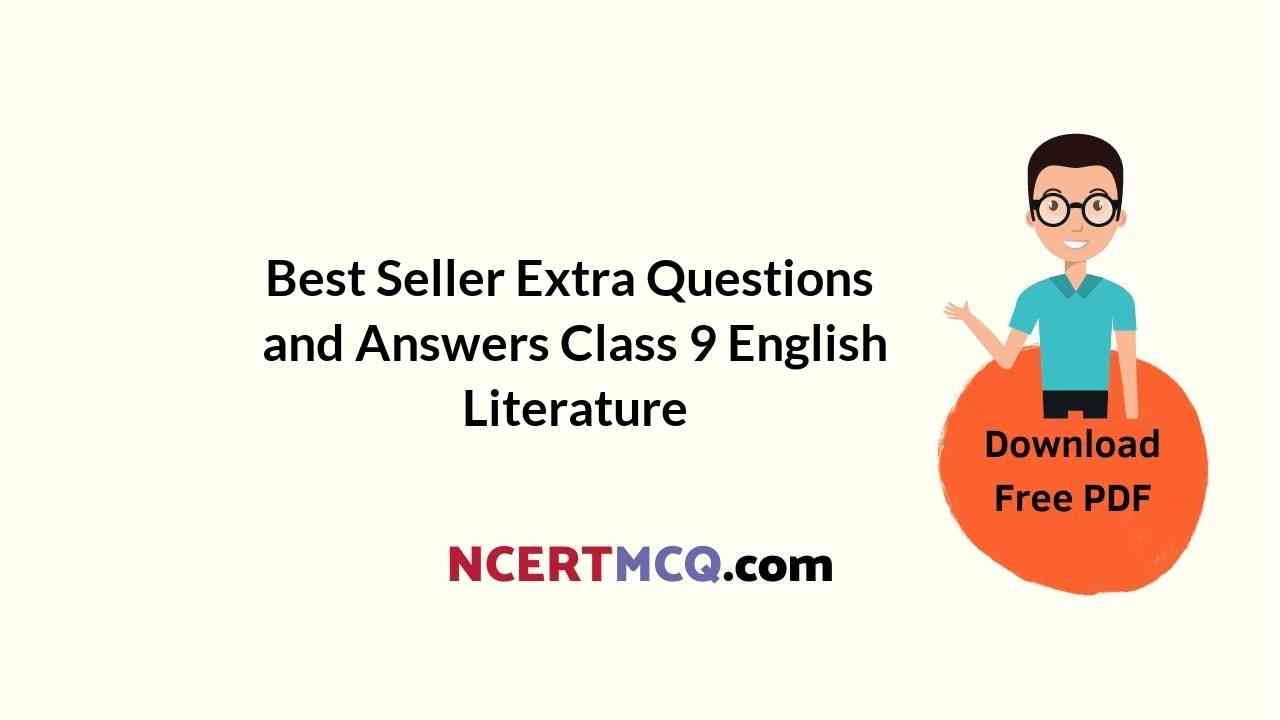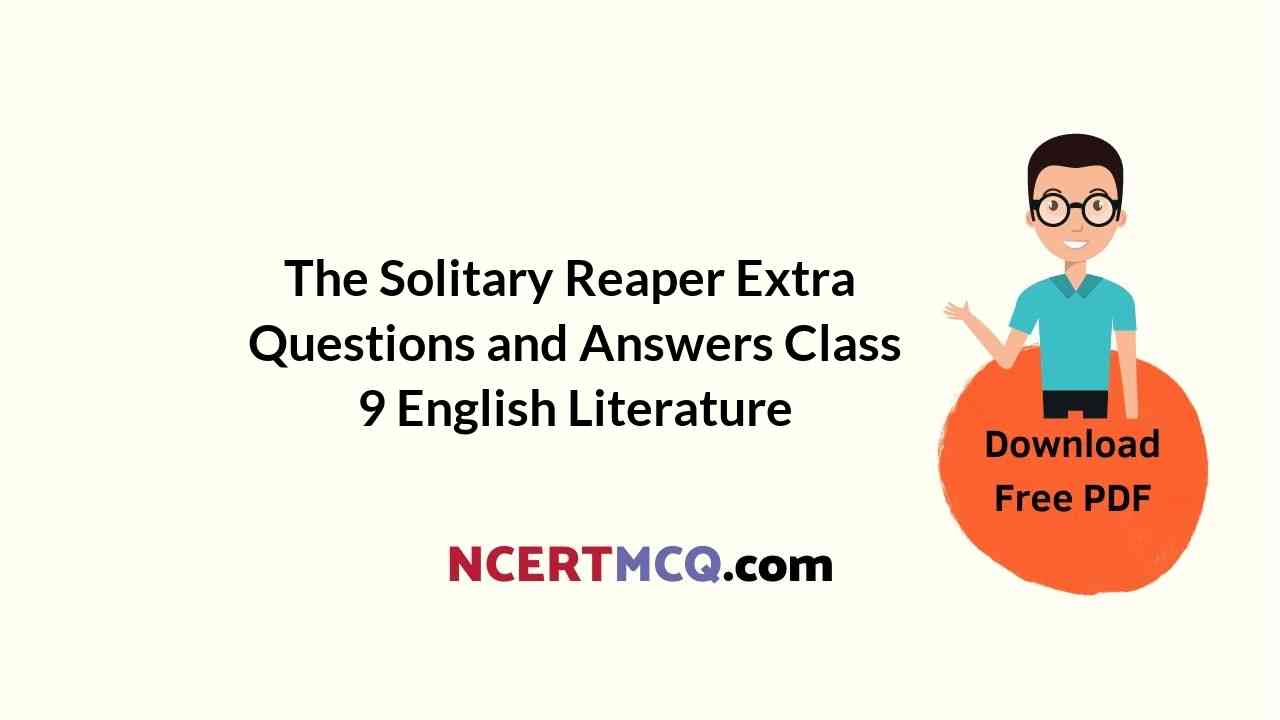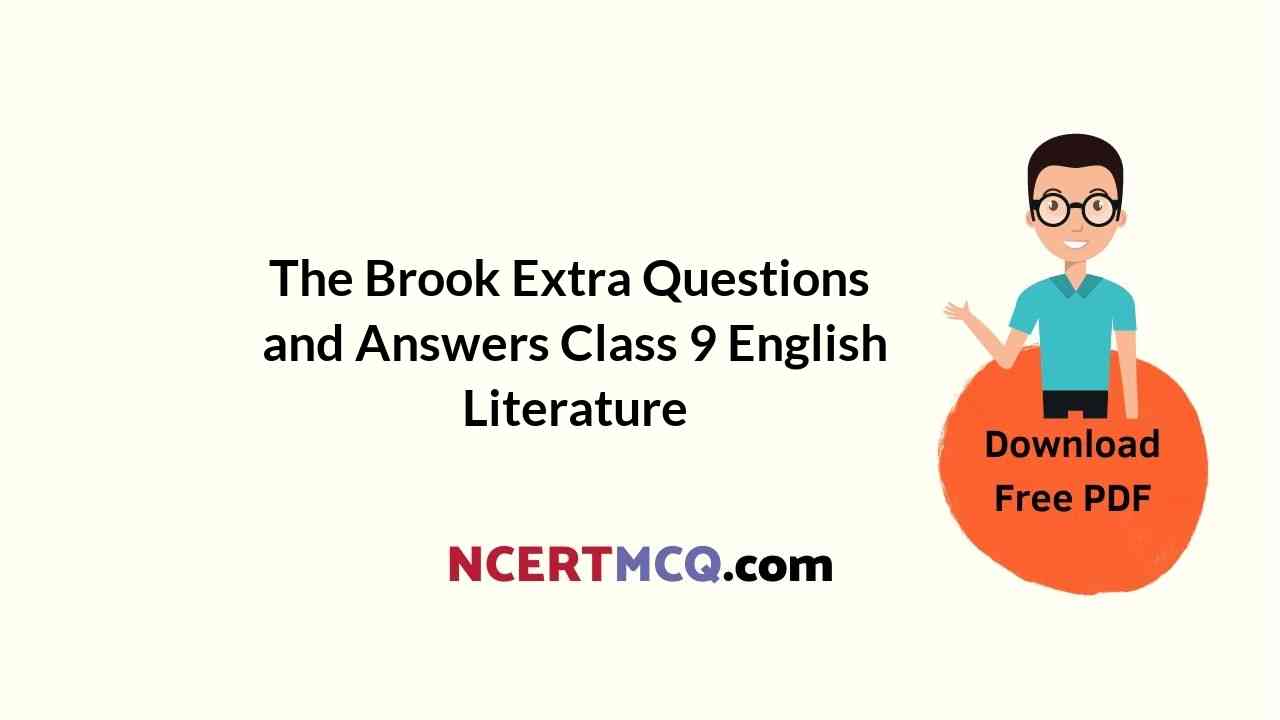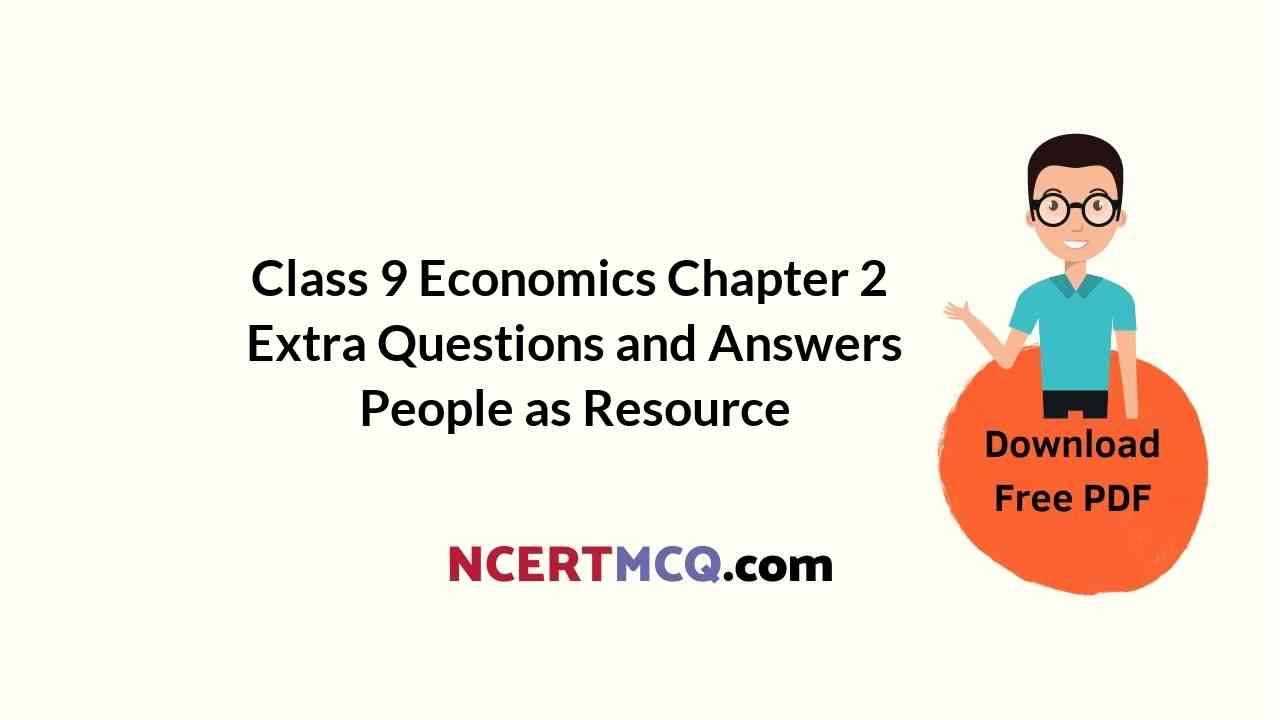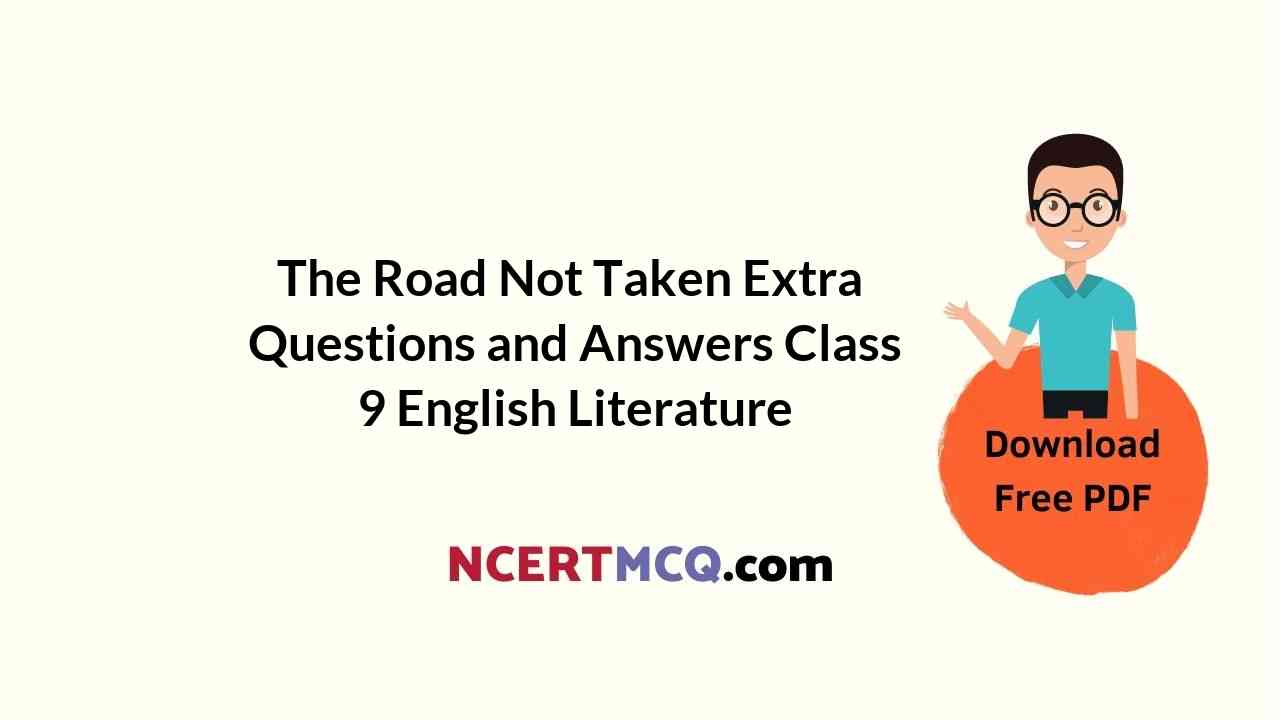Here we are providing Song of the Rain Extra Questions Extra Questions and Answers Class 9 English Literature Reader, Extra Questions for Class 9 English was designed by subject expert teachers. https://ncertmcq.com/extra-questions-for-class-9-english/
Song of the Rain Extra Questions and Answers Class 9 English Literature
Song of the Rain Extra Questions and Answers Short Answer Type
Answer the following questions briefly.
Song Of The Rain Extra Questions And Answers Question 1.
Who is the speaker of the poem? How does the speaker convey its value?
Answer:
The speaker of the poem is the rain. Rain conveys its value by saying it is silver threads and pearls plucked» from the crown of the Goddess Ishtar and sent to earth.
Song Of The Rain Questions And Answers Question 2.
‘Who is Ishtar?
Answer:
According to the Babylonian mythology, Ishtar is the Goddess of fertility, love, war, and sex. She was the divine personification of the planet Venus.
Song Of The Rain Poem Question Answers Question 3.
Why is rain sent to earth?
Answer:
Rain is sent to earth to quench the thirst of the parched earth and to cause flowers to blossom and crops to grow in its gardens and fields.
Song Of The Rain Question Answers Pdf Question 4.
What actions of rain bring pleasure to others? Why?
Answer:
When rain falls to the ground and humbles itself by falling from the sky on to the earth, all living things are happy.
Class 9 English Song Of The Rain Question And Answers Question 5.
Why do you think rain is considered divine?
Answer:
I think the rain is considered divine because rain is required for many things including drinking water and for cultivation of crops.
Song Of The Rain Question Answers Question 6.
How is rain like earthly life?
Answer:
Just as a life is created by the coming together of the five elements air, earth, heat, water, and wind, the rain too is created when the earth and water are heated and water rises as vapour to the sky. When it rains, the sky and wind are stormy. At, the time of death, the elements merge into elements and the soul ascends to heaven. Similarly, when rain falls, it merges with the water only to rise again as water vapour.
Song Of The Rain Textual Questions And Answers Question 7.
What is the cyclic movement of rain that is brought out in the poem?
Answer:
Rain rises from the sea and is carried to the sky by the wind. It forms clouds and when clouds become heavy with water, rain falls to the earth. Once rain falls to the ground, it rises again and is carried to the skies by the wind.
Song Of The Rain Class 9 Question 8.
In what way is rain’s coming to earth pleasure mixed with sorrow?
Answer:
Rain comes to earth bringing joy. It causes fields and gardens to bloom. This makes it happy but it is saddened by memories of the heavens it left to come to earth.
Song of the Rain Extra Questions and Answers Long Answer Type
9th English Song Of The Rain Notes Question 1.
Write an autobiography of rain.
Answer:
Value points:
- born out of the sea
- travels in clouds
- comes down to soothe parched fields and valleys
- causes flowers to bloom
- flows back to the sea
9th Class English Song Of The Rain Notes Question 2.
Draw parallels in rain and song.
Answer:
Value points:
- comes from heaven/poetic inspiration
- embellishes gardens/beautifies world
- both have the power to elate—physical/spiritual
- ability to quench/satisfy
- affects I millions of ways
- pangs of creation
- curing ailment
- domain of the sensitive
- gamut of emotion—tears, laughter, sigh
Std 9 English Song Of The Rain Question 3.
The poet uses different imageries that are quite unique such as sigh of the sea and laughter of the field. Describe as to how these inanimate things in nature are able to perform such expression and what is their significance?
Answer:
The poet uses a whole range of imageries which seems to make the inanimate alive. With the help of the poetic device called personification, the poet is able to make the rain speak about its role in our world. The sea is said to have sighed and the field to laugh.
The poet tries to make an attempt to make the people understand that the rain is a vital part of this world and it is what makes the sea as well as makes the field happy because it quenches its thirst. It is significant because using such poetic devices, the poet is able to make all things real and tangible. He creates an imaginative and creative space where all things are alive and that nature itself is alive.
Song of the Rain Extra Questions and Answers Reference to Context
Read the extracts given below and answer the questions that follow.
9th Class English Song Of The Rain Question 1.
“I am dotted silver threads dropped from heaven By the gods.
Nature then takes me, to adorn
Her fields and valleys.”
(a) In the above lines, whom does the word “I” refer to?
Answer:
Here “I” refers to rain.
(b) Name the poetic device used in the first line?
Answer:
The poetic device used in the first line is personification.
(c) How does the speaker help Nature adorn fields and valleys?
Answer:
The speaker helps Nature adorn fields and valleys by causing flowers to bloom.
Question 2.
“I am beautiful pearls, plucked from the
Crown of Ishtar by the daughter of
Dawn To embellish the gardens.”
(a) What is being referred to as “pearls” in the above lines?
Answer:
Rain drops are being referred to as “pearls” in the above lines.
(b) Who is Ishtar?
Answer:
Ishtar is the goddess of fertility.
(c) Name the two poetic devices used in the above lines.
Answer:
The poetic devices used in the above lines are personification and allusion.
Question 3.
“The field and the cloud are lovers
And between them I am a messenger of mercy.
I quench the thirst of the one;
I cure the ailment of the other.”
(a) How is rain a messenger of mercy?
Answer:
The rain is a messenger of mercy as it drenches the fields and makes the cloud lighter and brighter.
(b) “I quench the thirst of the one.” Whose thirst is quenched?
Answer:
The thirst of the fields has been quenched.
(c) “I cure the ailment of the other.” Who is ailing? What is the “ailment” being referred to?
Answer:
The clouds are ailing. The “ailment” being referred to is the fact that they are swollen and heavy with water.
Question 4.
“The voice of thunder declares my arrival;
The rainbow announces my departure.
I am like earthly life which begins at
The feet of the mad elements and ends
Under the upraised wings of death.”
(a) Who/what announces the arrival of rain?
Answer:
The sound of thunder announces the arrival of rain.
(b) What do “mad elements” refer to?
Answer:
The stormy sky and the wind has been referred to as “mad elements”.
(c) What is it that ends under the upraised wings of death?
Answer:
Rain, like earthly life ends under the upraised wings of death.
Question 5.
“I touch gently at the windows with my
Soft fingers and my announcement is a Welcome song.
All can hear, but only
The sensitive can understand.”
(a) What happens when the speaker taps at the windows?
Answer:
The rain taps against the windows to create music.
(b) What does the narrator mean when he says ‘the sensitive’ in this context and what is it that only they can understand?
Answer:
The narrator is referring to those who can understand the song of the rain, they are the ones he calls ‘the sensitive’.
(c) What kind of a poem is “The Song of the Rain”?
Answer:
It is an autobiographical poem.
